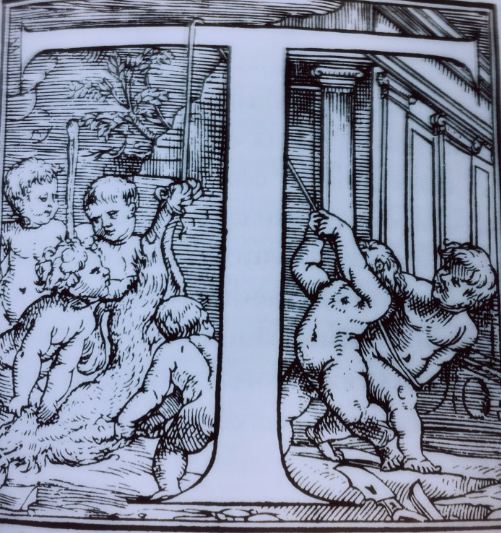The next stop was Germany.
Frankfurt was quite different to London. This was post unification Germany remember and at the time (1990) Frankfurt was clearly set to become the anchor in central Europe, post the collapse of the Berlin Wall. Peter Murphy was one of the first of the power brokers from Goldman Sachs to arrive and quickly became the man of his day, managing two multi-billion-dollar deals which all at once redefined both the German economy and German society. Having cut his teeth in the deepest capital market and economy in the world, Peter Murphy now defined a new global deal, the mega-merger.
"In Germany you can tangibly look at some of the deals and say we (Americans) transformed, not just a country but an economy. The privatisation of Deutsche Telecom, the way that was done, the sheer magnitude -- the listing in New York of Daimler Benz at that time, now Daimler Chrysler, the work we did in privatising so many of the East German state assets, bringing capital instantly... I think we stood tall. We married aggressive business capital, and business from outside of East Germany into these assets. Constant examples -- the capital markets work we've done both in establishing global benchmarks for so many German issuers. I think we've transformed companies. We transformed institutions. We've transformed people, and I think to a certain extent -- not to get too full of ourselves -- we helped transform societies".
The American broker troupe now emerged as the true leaders in investment
banking in almost every country in Western Europe, building on the back of a
highly sophisticated merger and acquisition capability matched with exclusive
equity-placement capabilities. The effect had nothing to do with Thatcher but everything
to do with being American.
The privatisation of Europe must have been a significant part of the overall strategy and over the 1980s and 1990s the power brokers started to penetrate every sector of business throughout the European continent. In matters of capital, it was now becoming impossible for anyone in Europe to compete with the Americans, they were that good at it. This aspect was acutely demonstrated in France where the Americans brokered the first billion-franc deal. Critical initially to France but ultimately to Europe. Three ground-breaking deals followed in quick succession, the first was no less than the creation of the second largest insurance company in the world.
The deal to merge AXA with UAP in 1992 was the biggest yet seen in Europe and was only eclipsed by the second deal only two years later when BNP was merged with Paribas, creating the single largest bank in Europe. The third saw the first in a series of pan-European deals.
The dawn of a new millennium heralded the first double mega-merger of Rhone Poulenec, a French company, with Hoechst of Germany, creating Aventis. Very quickly after that being mega-merged with Sanofi. All at once creating the second largest pharmaceutical company in the world. Such swift penetration of a foreign market required local knowledge and rather than a European economic subscription to Thatcherite privatisation, the American power brokers simply made a big business out of finding like-minded local partners who made the historically impenetrable markets open up before them. SYLVAIN HEFES, an important local operator for Goldman's puzzle, reflected:
"It's interesting you know because France in the early 90's was a little like Japan -- very insular, very closed. Very difficult for outsiders to perform and be prominent. So the combination of somebody who was sort of pure establishment with you know someone who had the drive and force and ability to delive was very powerful".
So why had it been so easy for the Americans in Europe?
Next Page 1 | 2 | 3 | 4 | 5 | 6
(Note: You can view every article as one long page if you sign up as an Advocate Member, or higher).





